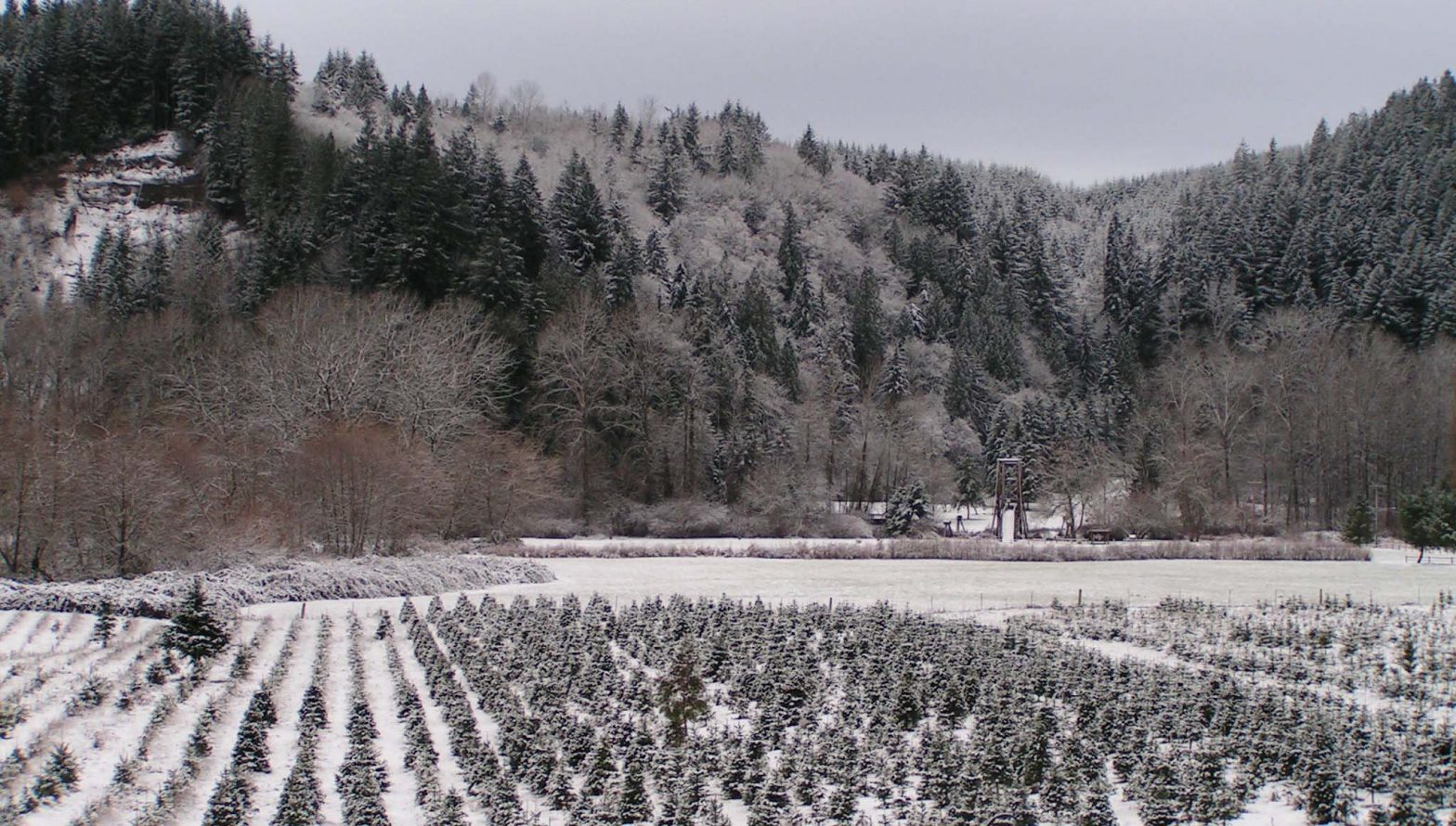How we Farm
There have been community classes offered here in the Loft since early 2006 that have had a very positive effect on my life. Each discussion course uses one of seven course books, with more to come, from the Northwest Earth Institute which help us take action towards a more sustainable future. The Nootka Rose Community Garden which we started on the farm in 2007 is one result of these classes. We formed the Snoqualmie Valley Transition Initiative to focus people’s awareness about the need for our communities to transition away from fossil fuels and to begin building local solutions to climate change, the economic crisis and the many other problems we face from the availability of cheap fossil fuels. My participation in these classes has increased my awareness of our place in the world and how we affect the earth and has helped us commit to sustainable practices that protect and preserve the environment. For many years we did not like the heavy use of chemicals to fertilize and maintain the trees so we began researching and refining methods which have helped change the way we grow trees and steward the land. For over twenty years we have controlled erosion and maintained weed control by planting grass between the trees. We maintain this cover crop by mowing, so there is no need to spray chemicals or weed killers.
We partnered with King Conservation District (KCD) in 2006 to improve and protect the wetlands along the farm’s southern boundary by removing invasive blackberry and planting native trees and shrubs. A Farm Conservation Plan has also been prepared with KCD to help manage the farm in an environmentally conscious way. We believe maintaining and enhancing wildlife habitat is an important part of farmland conservation and our efforts were recently recognized when the farm was named Wildlife Habitat Farm of the year by King Conservation District. Since wildlife habitat is being lost at an alarming rate as development expands into rural areas, farmers and land owners alike can help offset this loss by setting aside areas to be managed primarily for beneficial wildlife. In 2007 Carnation Tree Farm was the first Christmas tree farm in the Northwest to be certified as Salmon-Safe, an emerging Northwest eco-label that recognizes agricultural practices that protect local waterways, prevent soil erosion, use natural weed and pest control methods, practice water conservation, and encourage a diversity of plant and wildlife habitat. The Salmon-Safe Program was founded in Oregon in 1997 and has since been recognized as one of the most reliable eco-labels in the country.
Located in the beautiful and ecologically productive Snoqualmie Valley, Carnation Tree Farm is less than one third mile from where the Tolt River empties into the Snoqualmie, creating one of the most productive salmon spawning areas in the region. We recognize that how we treat the land affects the health of our waterways, our soil, and wildlife. Due to our Green Farming Practices and Partnerships, in 2007 the Carnation Tree Farm was named ‘Wildlife Habitat Farm’ of the year by King Conservation District. Additionally, in 2008, Roger Thorson, owner of Carnation Tree Farm, was named Washington State’s “Wildlife Steward of the Year”. Nominated by the King Conservation District (KCD), the award is part of a joint recognition program by the Washington Association of Conservation Districts, the Conservation Commission and the Washington Department of Fish and Wildlife. By maintaining buffers, field borders, cover crops, and native trees and shrubs, we are promoting on-farm biodiversity, creating wildlife habitat and protecting the environment. All of these things make our farm a pleasant place to be and I think helps make the community a nice place to visit. So what does it mean to be green? I feel that how we grow our trees and steward the land are steps in the right direction. I also know that there are many more steps in the future for all of us to take to help protect this planet we call home.

